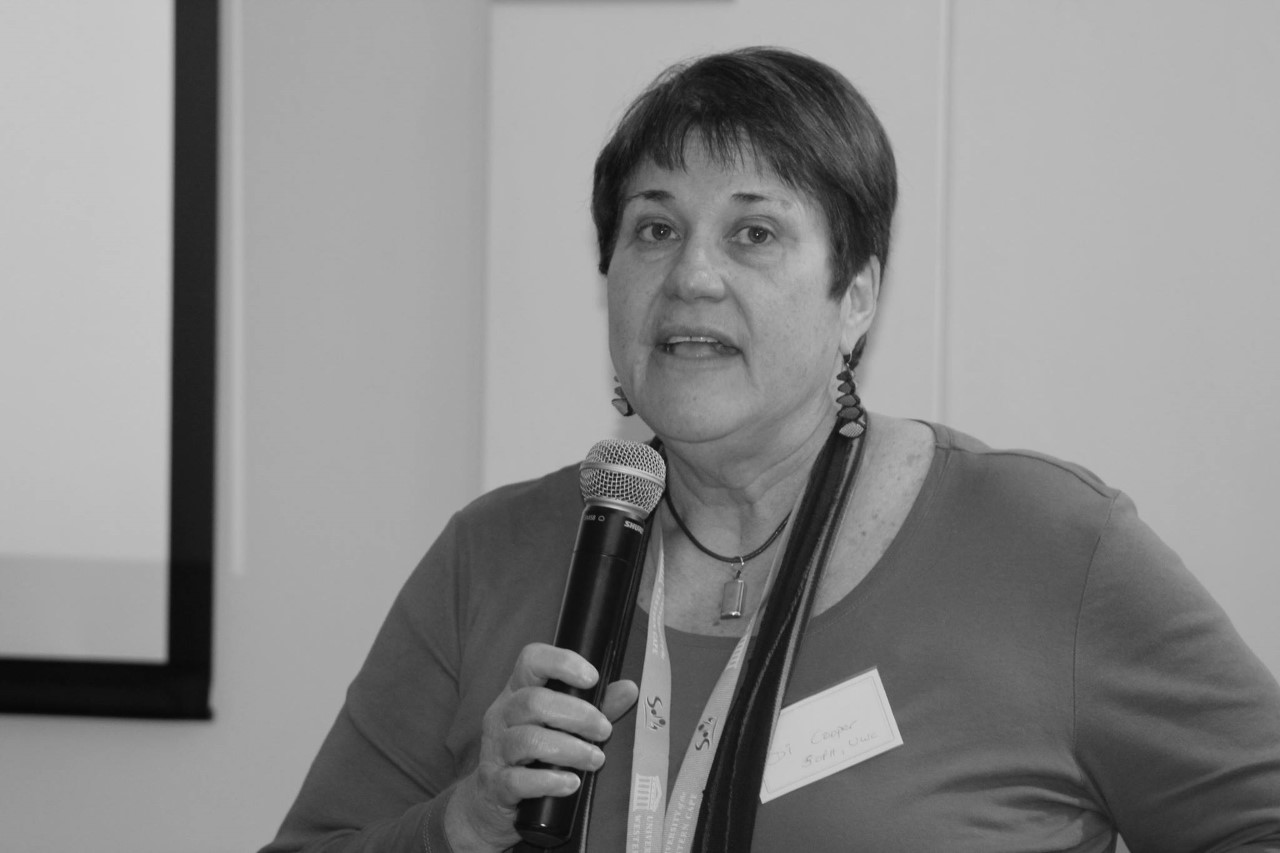An academic from UWC has warned of Contraceptive Stockouts at public health clinics, saying it may lead to unplanned pregnancies, especially in low socio-economic areas.
Diane Cooper, an Extraordinary Professor at the University of the Western Cape’s School of Public Health, says the situation is very frustrating for healthcare providers at local clinics.
This is a bad situation for women in the country – a country that has women’s reproductive rights written into our constitution.
She explains that stockouts of contraceptives, particularly hormonal injectable contraception, could be due to the insufficient devolution of powers to managers and providers at the primary healthcare level.
“It could be that they have little control over when medication stocks or methods of contraception are due to be delivered or don’t get informed in time when stocks are low.”
Unintended pregnancies
Since injectable contraception represents the most commonly used contraceptive method by women in South Africa, stockouts could lead to a dire situation with unintended pregnancy potentially becoming exacerbated as a problem in South Africa, said Prof Cooper.
She warns that if women are using a contraceptive method and are unable to obtain access to their regular form of contraception, they may not easily shift to another method because it takes time to get used to a new method.
“This is a challenge, especially when the new method has not taken effect, causing an increased risk of pregnancy. Usually, providers recommend condoms during this period, but women may not use them,” said Prof Cooper.
“A second scenario is when women may be reluctant to make a change and stop using contraception altogether, while those still considering using contraception may be discouraged by the news of stockouts at clinics and hospitals. With both scenarios, there is a likely increase in the rate of unintended pregnancies.”
Demand for abortions might spike
She is concerned about the subsequent possible demand for abortions.
“This will lead to further strain on the health system as, even though legal, women face difficulty getting safe abortions and women will then be more likely to resort to unsafe abortions, jeopardising their health,” said Prof Cooper.
“The system for providing safe abortions in the public sector facilities is already under strain and there are current problems with insufficient accredited facilities. Making services for safe abortions available is a challenge. There is a shortage of health providers willing to perform abortions or wanting to refer women to an appropriate facility and provider.
The root of the problem
Prof Cooper said the root cause for the contraceptive stockout is likely due to “problems with internal ordering mechanisms (those responsible for ensuring sufficient supplies) of medication within primary healthcare or contraceptive clinics. Or cases, where the amount needed, was not anticipated or an order wasn’t placed in time”.
“The situation has likely been compounded by the Covid-19 pandemic, during which services were prioritised to cope with the pandemic, while the delivery of other services lagged or was neglected due to an overwhelmed health system,” said Prof Cooper.
Devolution of control needed
She suggested better devolution of control of ordering and delivery of medications, including contraceptives, to managers and personnel at a local level as a solution to the problem.
Furthermore, improved systems at a central level to monitor and ensure that medications or contraceptive methods do not run out and are delivered in an efficient and timely manner, are needed.
“Most of all, there needs to be accountability as to why these stockouts are occurring, and hold those who need to ensure that stockouts don’t occur responsible for fixing the system where it has broken down; now and for the future,” she concluded.



